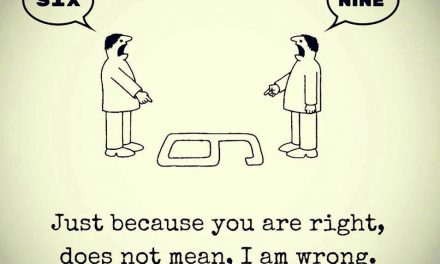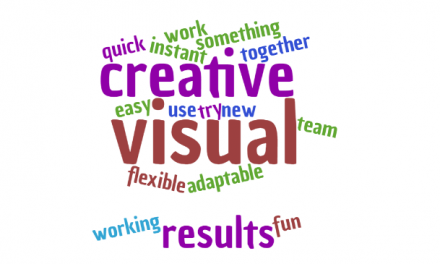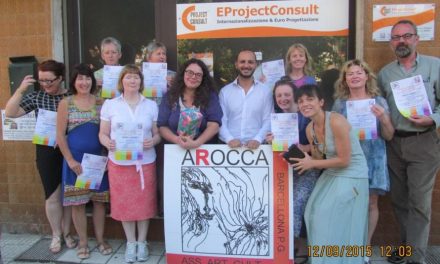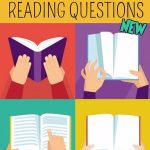Directed Thinking Reading Activity (DRTA
Thinking is an on-going process and activity. Thinking is a skill that can be learned through practice and use. It is the ability to ask questions, read between the lines, develop problem solving techniques.
Why use directed reading thinking activity?
• It encourages learners to be active and
thoughtful readers.
• It activates learners’ prior knowledge.
• It teaches learners to monitor their understanding of the text as they’re reading.
• It helps strengthen reading and critical thinking skills.
How to use directed reading thinking activity
Tutors should follow the steps below when creating a DRTA.
1. Determine the text to be used and pre-select points for students to pause during the reading process.
2. Introduce the text and provide examples of how to make predictions.
3. Use the following outline to guide the procedure:
D = DIRECT. Tutors direct and activate learners’ thinking prior to reading a passage by scanning the title, chapter headings, illustrations, and other materials. Tutors should use open-ended questions to direct students as they make predictions about the content or perspective of the text (e.g., “Given this title, what do you think the passage will be about?”).
R = READING. Learners read up to the first pre-selected stopping point. The tutor then prompts the students with questions about specific information and asks them to evaluate their predictions and refine them if necessary. This process should be continued until learners have read each section of the passage.
T = THINKING. At the end of each section, learners go back through the text and think about their predictions. Learners should verify or modify their predictions by finding supporting statements in the text. The tutor asks questions such as:
o What do you think about your predictions now?
o What did you find in the text to prove your predictions?
o What did you we read in the text that made you change your predictions?
Billmeyer, Rachel and Mary Lee Barton. Teaching Reading in the Content Areas: If Not Me. Than Who? Aurora: McREL (Mid-continental Regional Educational Laboratory), 1998.






